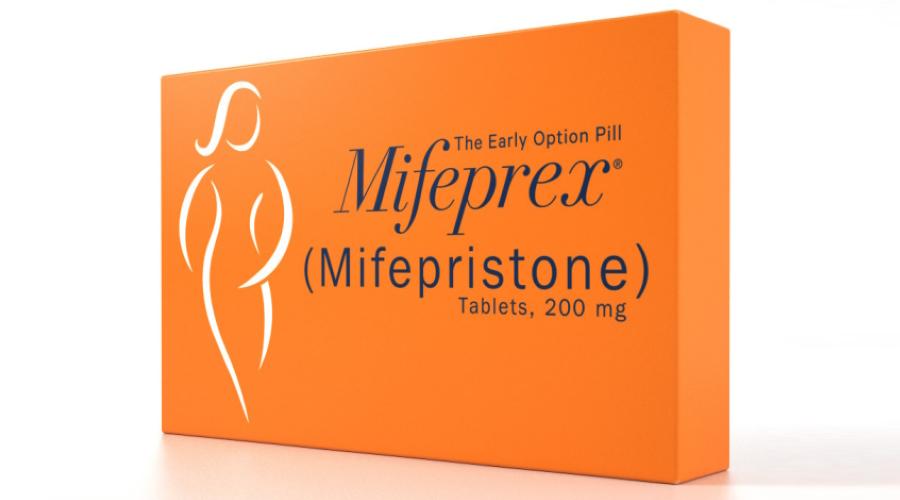Appeals court keeps abortion pill available, for now

A federal appeals court has ruled that abortion drug mifepristone can remain available, but has blocked the drug from being sent to patients in the mail, along with other measures introduced by the FDA recently to make access to the drug easier.
The decision late last night will stand until the outcome of the US government’s appeal against a Texas court decision to block access altogether, which was due to come into effect tomorrow.
The three judges on the appeal panel said that it was too late to overturn the approval of mifepristone, as it had been available for more than two decades.
However, they said moves to lift restrictions on the drug introduced since 2016 – including lifting the restriction that it could only be prescribed by doctors, approving its use up to 10 weeks into a pregnancy rather than seven, and mail-order distribution – could be challenged and will now be re-introduced.
The decision means that the Department of Justice is likely to elevate its appeal to the Supreme Court. Meanwhile, a group of pharma and biotech companies that sent an open letter to protest the Texas court ruling have now gone one step further, by filing a suit in support of the US government’s appeal.
The group – which includes hundreds of senior figures across companies, as well as industry groups such as the Biotechnology Innovation Organization (BIO) – have filed an amicus brief asserting that mifepristone is safe and effective for abortions and miscarriage care.
Their suit also argues that the 7th April decision by US District Judge Matthew Kacsmaryk to block the prescribing and distribution of mifepristone will threaten the FDA’s mandate to approve medications, creating a situation where judges can effectively ban drugs based on political and personal views and not medical science.
The 59-page brief filed in the US Court of Appeals for the Fifth Circuit asks the court to suspend the lower court’s ruling until the federal appeal can be heard.
It also argues that the district court does not have the needed scientific or medical expertise to make this kind of judgment, while the ruling upends the FDA’s authority to approve new therapies for patients and introduces new regulatory barriers for the FDA when it comes to approved labelling.
“The ruling would place an unnecessary burden on the FDA and trial sponsors to justify each departure from clinical trial conditions in any approved labelling,“ said BIO in a statement.
“This change, which is inconsistent with existing FDCA guidelines and past practice, would have a significant chilling effect on the design of studies and investment in drugs to treat rare diseases and other unmet needs.“
The outcome of the Texas case is also an “assault on the importance of comparative safety data“ that could inhibit the FDA’s acceptance of new data – including real-world evidence – and evidence to support post-approval changes, says the brief.
It takes particular issue with Kacsmaryk’s assertion that head-to-head trials need to be conducted to demonstrate “meaningful therapeutic benefit“, as this is “a matter of scientific judgment“ that calls for the application of the FDA’s expertise and there is no basis in law for such a position.
The Texas decision came alongside a ruling in Washington state by Judge Thomas Rice, which ruled that mifepristone is safe and effective and ordered the FDA to retain access to the drug in 17 US states, further contributing to uneven access to abortion care across the US.













